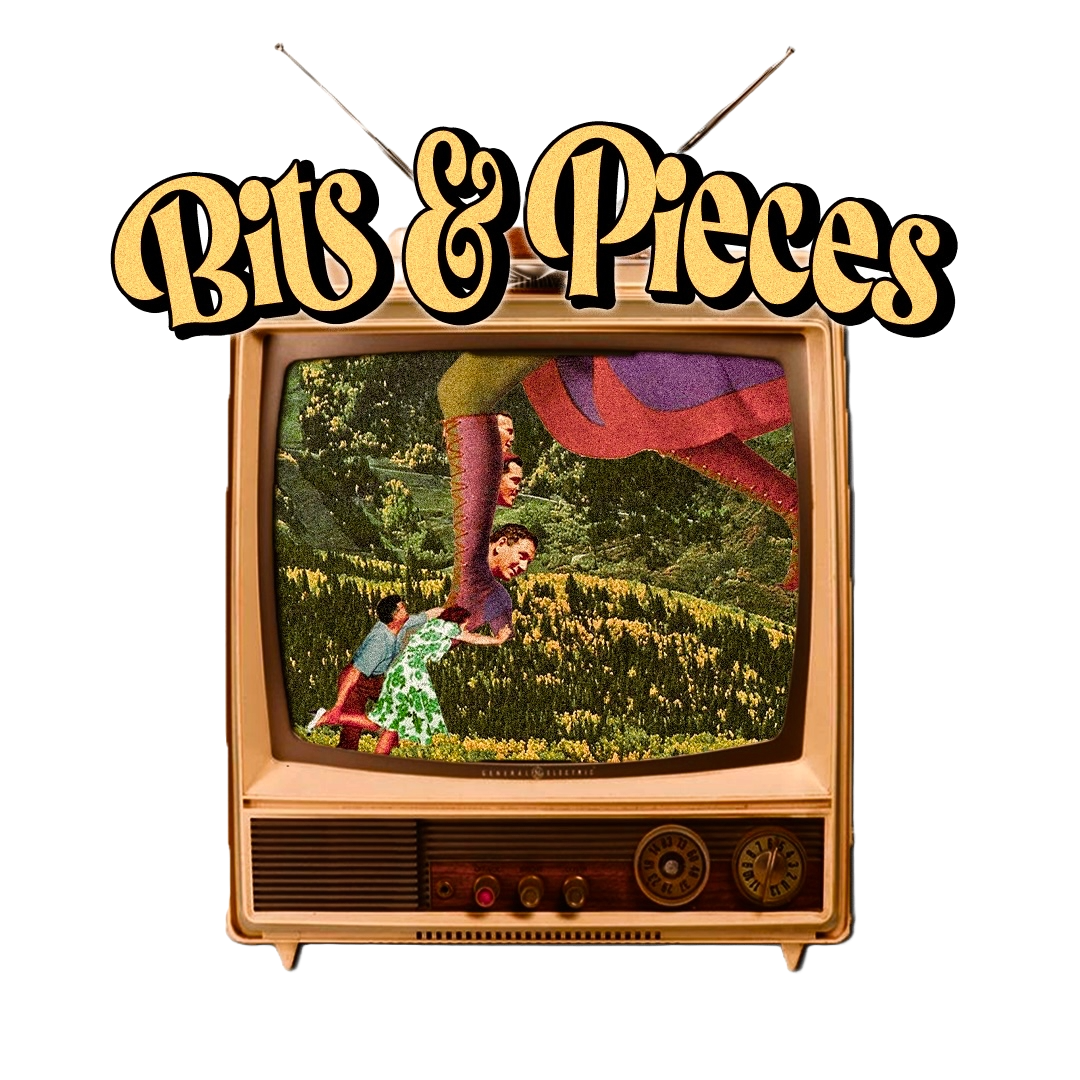Accessibility in Canada's Screen Industry: What TIFF 50 taught me
by Julia Smeaton
On Friday, September 5th, the TIFF 50 PERSPECTIVES Industry Conference presented the panel “Accessible Productions: Best Practices” at the Canadian Broadcasting Centre. Discussing equity for disabled creators in the screen industry here in Canada, the panel was moderated by writer and producer Michelle Asgarali and organized in collaboration with the newly launched Disability Screen Office. Featured panelists were DSO Executive Director Winnie Luk, emerging producer Violet Ferguson, William Mager and Matthew Gurney, the respective writer and star of TIFF Primetime featured series Reunion, and Ted Evans, the writer of feature film Retreat, which is also included in this year’s TIFF lineup.
A few of the nominal “best practices” outlined throughout the panel, particularly by Ferguson and Asgarali, included:
Thinking ahead of time about access
Talking openly with all the people you’re going to be working with as everyone has access needs!
Audio and/or large print versions of scripts
Hiring an access coordinator, preferably someone with lived experience of disability
Reunion star Matthew Gurney recalled his experiences working in theatre in the United Kingdom, where he was almost always the only Deaf person. This led the quality of his own craft to decline as his attentions were split upon educating his colleagues. On Reunion, however, there were Deaf assistant directors, Deaf runners, and even a surplus amount of access interpreters. For Gurney, this experience of being “in community, while also on a large production”, was exceptional. Ted Evans discussed writing Retreat, a thriller with an all-Deaf cast. He shared how he was influenced by 1970s films of the same genre when looking to build a sense of suspense visually instead of with sound, citing zooms and use of perspective in The Shining. Him and Mager also both talked through framing and editing dynamic shots in which characters use Sign Language, encouraging cinematographers to be eager to experiment creatively in how sign language is depicted onscreen. “I do feel like sign language is a cinematic language, we want it to look cool,” said Mager, with Evans chiming in, “Deaf people are always looking. We are a camera.”
Something that stood out profoundly to me was information shared by Winnie Luk: Canada is far behind the US, UK, and Australia in terms of disability equity in the screen industry. The DSO’s recent Canada’s Screen Industry Survey on Disability, which helped to identify barriers and put in place new standards for inclusion, is the first ever survey of its kind conducted in Canada. There are currently no formal access coordinator training programs in Canada (also Luk and the DSO are working now to change this), which is problematic as even a disabled access coordinator may have knowledge gaps of other disabilities and would benefit from formal training.
The panel concluded with a consensus: The current standards of film set schedules are not sustainable. The hours are brutal and the industry is putting profit before people. Productions push their crews to the limits and most people, both abled and disabled, don’t want to be working 12-hour days, and those funding films and TV shows shouldn’t be applying the same rules to everyone. At a separate industry conference on September 9th, comedian and writer Mae Martin also praised how hardworking Canadian crews are, mentioning that the team often stayed on set overtime to get the shot just right. This is something to be proud of— we have a long way to go in ensuring our creatives are looked after and that our workspaces are equitable and safe. These are, as Luk stated in her opening remarks, non-negotiable.

